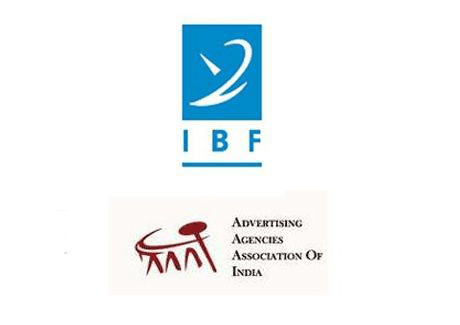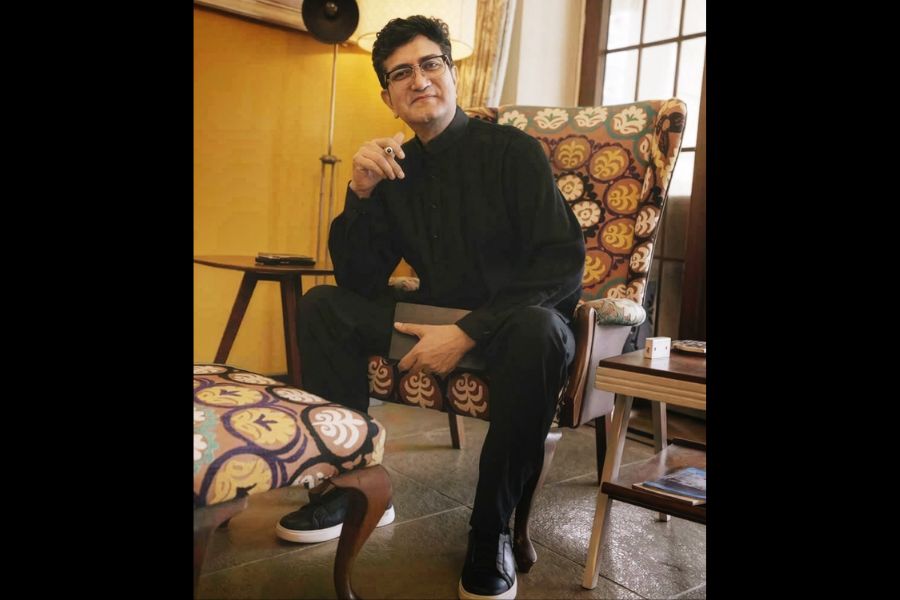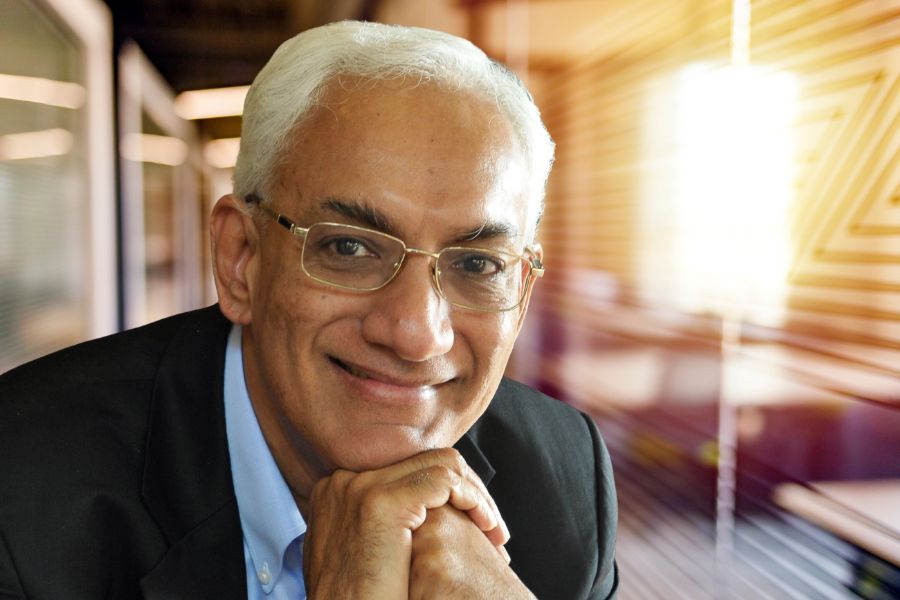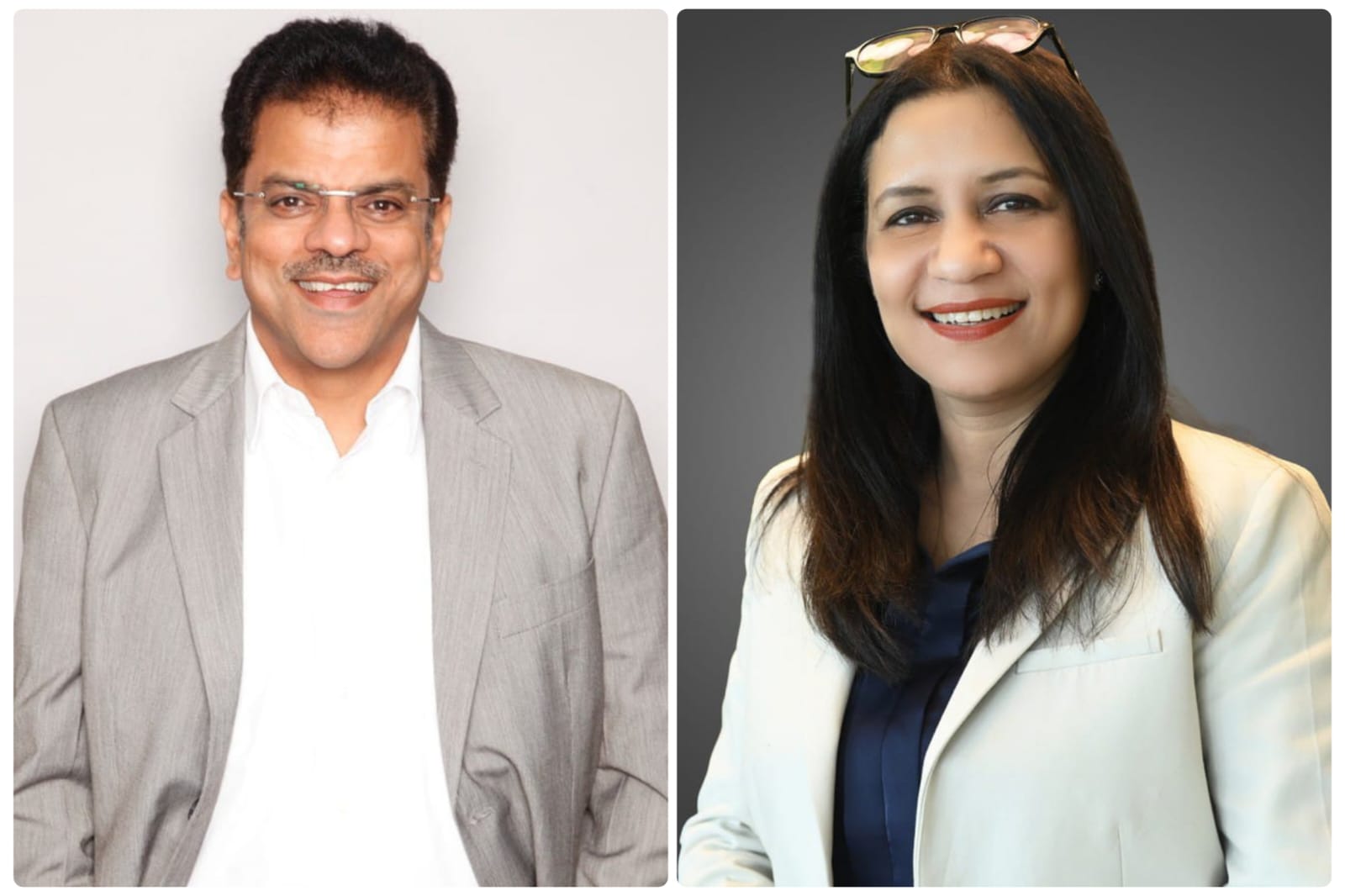The stand-off between broadcasters and media agencies over shifting to net billing as against the existing gross billing practice continued till late into the night of 2 May 2013.
However, a resolution has been reached between AAAI and IBF, and ads would be back on air from 3 May 2013, informed Arvind Sharma, chairman, AAAI and chairman and CEO, Leo Burnett.
"We have an agreement on exact documentation that looks after agencies' earnings as well as broadcasters' concerns," said Sharma.
Ads back on TV: AAAI
At 11 am on 3 May, AAAI issued a statement that read thus:
'Broadcasters, facing tax liabilities on account of non-deduction of TDS on agency commission, had stopped airing ads. This was because advertising agencies did not agree to their proposal to move to net billing. AAAI continues to maintain that the tax demands made on some broadcasters are bad in law. It has committed that it will attempt to get a circular from CBDT. A circular that clarifies that broadcasters like other media are not required to deduct TDS from agency commission since broadcasters do not pay the agency commission.
In a meeting that lasted over seven hours, representatives from IBF and AAAI last night arrived at an elegant solution that meets the needs of broadcasters and at the same time assures agencies of their legitimate earnings. As a result, advertisers' ads will be back on air starting 3 May.'
It quoted Arvind Sharma as saying: "We are happy that we have resolved the impasse. Advertisers' spots will be back on air starting today. We ensured that both broadcasters' and agencies' business interests are protected. We are happy that the solution we have found will meet the needs of our member agencies in terms of their transactions with their clients."
The story so far
The controversy had resulted in ads from agencies that had not consented to the net billing system being blacked out from 1 May 2013 by broadcasters including Star India, Multi Screen Media, Zee Entertainment, Viacom18, Times Television Network and Big CBS. Because of the ongoing IPL tournament, Set Max and Sony Six had been exempted from carrying out the blackout.
Tax issue
The controversy stemmed from tax notices served on broadcasters by the Income Tax department claiming unpaid TDS on the 15 per cent agency commissions in end-March 2013.
To put things in perspective, if an advertiser paid Rs 100, the media agency deducted Rs 15 and gave the channel Rs 85, while the channels have been making an invoice for Rs 100. Therefore their contention was that they should not be liable to pay tax on the gross amount. Broadcasters wanted agencies to work out their commission with the client directly.
‘Decision unilateral’
On 22 April, the IBF dispatched net bills to media agencies. The AAAI, however, did not agree to the IBF’s decision.
Nagesh Alai, chairman India operations, Draftrcb Group, and immediate past president, AAAI, had observed that IBF has taken a decision unilaterally and that the media agencies would not accept it. “If the bills have already been sent to the agencies, it’s a decision taken by the body unilaterally. As far as the AAAI is concerned, we’re not agreeing to this new system (of net bills) as it means losses for agencies as well as the industry,” he had said, speaking to Campaign India in end-April.
AAAI's Sharma had said, “We have to look for a win-win situation. I’m sure there is a way to look at that.”
It is evident that the solution has been arrived at now.
‘AAAI and IBF need to resolve issue’: ISA
On ISA's stand on the issue, Bharat Patel, chairman, Indian Society of Advertisers (ISA), had noted, "This is an issue that has to be resolved by the IBF and the AAAI. Advertisers have a limited role in matters such as billing, so it is a matter between the media agencies and broadcasters."
Asked what the way forward should be for the industry, he had said, "The way forward is to look at what the global practices and to take an amicable decision which is in the interest of the industry.
Discussions on
Discussions were on since the blackout and the stand-off was expected to come to an end soon, given the revenue losses involved for broadcasters and agencies, and opportunities lost for advertisers.
On the ongoing stand-off, Uday Shankar, CEO, Star India, and immediate past president, IBF, had said on 2 May: “Broadcasters are losing revenue for every minute that ads are off air. This is hurting us badly. However, the blackout will continue till agencies agree to a new billing approach. As you know, the tax authorities have disputed the current approach. It is important to highlight that this is not a commercial stand-off between broadcasters and advertisers; it is a stand-off between broadcasters who want to make sure they adhere to the highest standards of compliance with the law and agencies that are resisting reform for their individual gains. Advertisers won’t be adversely impacted by the move to the new billing approach.”
In the 'blackout' period, channels had been carrying ads of a few brands, routed through agencies that they said had agreed to shift to the net billing model. Star Plus, for instance, carried ads of brands like Medifacts, Bank of India, Boro Plus, Navratna, Whirlpool, Tata Sky, Bisleri, Ghari Detergent, Everyuth, Tara Jewels and Malabar Gold.
A senior official in one of the channels’ sales teams, requesting anonymity, had explained, “The media agencies of these advertisers have agreed to shift to the net billing model.”
UTV, Sun Network, Discovery air ads
There were a few broadcasters who did not side with IBF's decision to blackout advertisers. These included Sun Network, UTV, Discovery and Turner International channels.
(Updated at 11 am on 3 May 2013)




